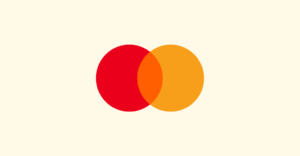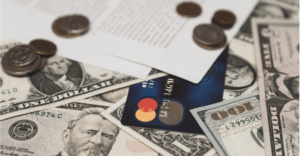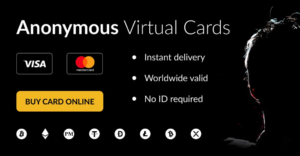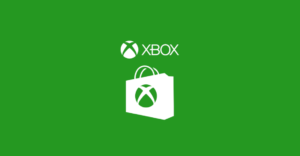Mistakes happen all the time: in transactions reporting, in adjustments, in interest calculations, and in application of payments – all of which affect the balances, “What in the world is a CSC service work charge?” You’re not alone!
This peculiar entry often baffles even the savviest of spenders. But fear not! I’m here to demystify this enigma with flair, facts, and a sprinkle of humor. So, buckle up, and let’s dive into the world of credit card charges with a focus on CSC service work.
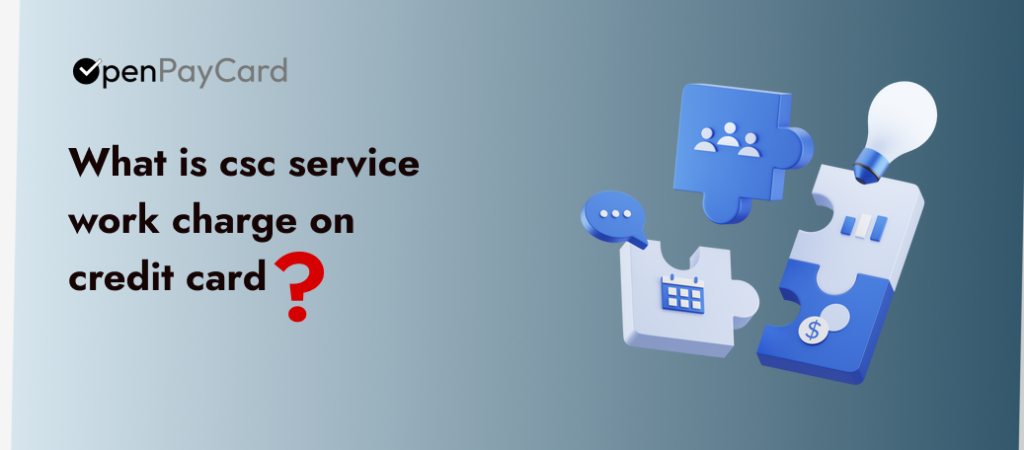
What’s This Charge? The CSC Service Work Explained
Picture this: You’re sipping your favorite coffee, scrolling through your credit card statement, and bam! There’s a charge labeled ‘CSC service work’. Confusing, right? Well, CSC stands for Customer Service Charge, and it’s typically linked to specific services or transactions. Think of it as the credit card world’s way of saying, “Here’s a little extra for that service you enjoyed.” But don’t worry, it’s not always a cause for alarm.
Why Does it Appear? Unveiling the Reasons
So, why do these charges appear? Let’s play detective. Sometimes, these fees are tied to automatic renewals or subscriptions you might have forgotten about (who hasn’t?). Other times, they’re related to services like cash advances or foreign transactions. It’s the credit card’s way of saying, “Hey, there’s a bit more to this transaction than meets the eye.”
Spotting Red Flags: When to Worry and When to Relax
Now, let’s talk red flags. Not all CSC charges are benign. If you see a charge for a service you don’t recognize, it’s time to don your detective hat. Could it be a forgotten subscription, or is it something more sinister like fraud? Here’s where being a credit card Sherlock Holmes pays off.
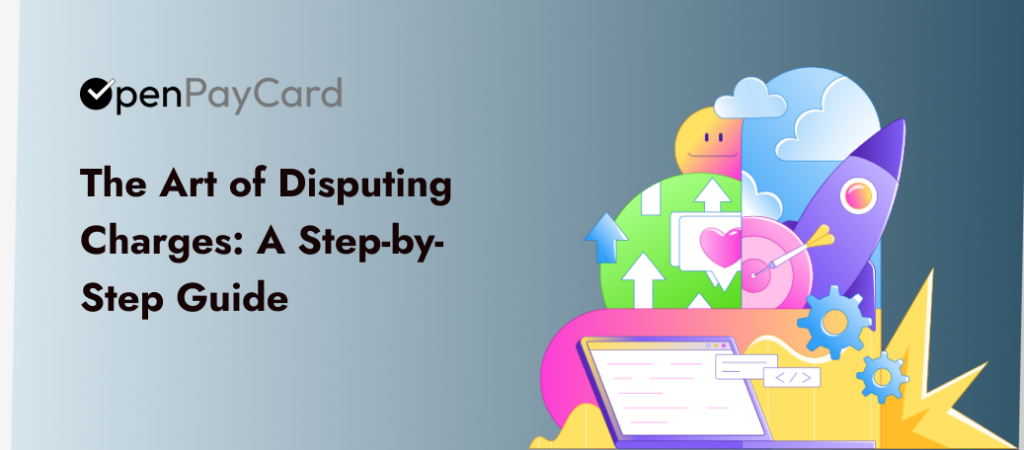
The Art of Disputing Charges: A Step-by-Step Guide
But what if you do find something fishy? Disputing a charge can feel like navigating a maze blindfolded, but it’s actually straightforward. First, contact your credit card provider (the sooner, the better). Then, provide evidence, stay calm, and remember, persistence is key. Think of it as your financial battle cry!
Prevention is Better Than Cure: Avoiding Unwanted Charges
“An ounce of prevention is worth a pound of cure,” as the old saying goes. To avoid unexpected CSC charges, keep a hawk’s eye on your statements, read the fine print (yes, it’s tedious but crucial), and understand the terms of your subscriptions and services. It’s like setting up a financial firewall for your peace of mind.
The Role of CSC in Smart Spending
CSC charges, while sometimes annoying, can actually be a tool for smart spending. They remind you to review your transactions regularly and keep track of your spending habits. Think of them as your personal finance watchdog, barking whenever something needs your attention.
The Future of Credit Card Charges: Predictions and Trends
Looking ahead, the landscape of credit card charges, including CSC, is evolving. With digital banking on the rise and consumers demanding transparency, we might see a shift towards more straightforward and user-friendly billing practices. Imagine a world where credit card statements are as easy to understand as a children’s book. Ah, bliss!
What sites accept credit card numbers with just the card number without the expiration date and the CVV?
It seems almost impossible to find any online sites that don’t ask for a card’s expiration date when you’re trying to make a purchase. That detail is pretty crucial, you know? Now, why would someone be on the hunt for places that don’t bother with expiration dates or CVV numbers? Well, in my opinion, it’s a bit sketchy. It usually means the person doesn’t actually have the card with them, which screams ‘stolen card alert’, especially since those sneaky data breaches often leave out CVV details. I’m not about to help out anyone with a list of places to use potentially stolen cards. If someone’s genuinely missing that info, they should probably hit up their bank to sort it out.
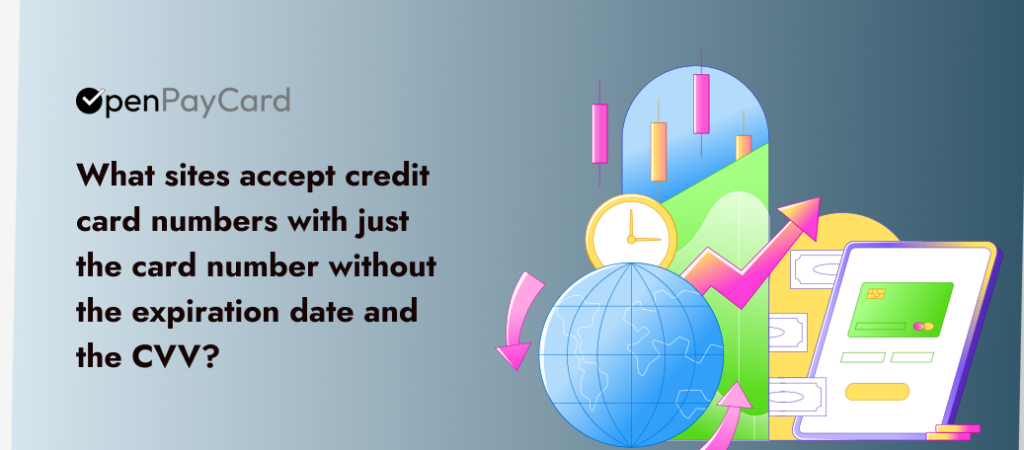
Now, a bit about CVV – it stands for Card Verification Value and it’s like Visa’s secret handshake. Other card types have their own versions of this. It’s a clever little thing that proves you’ve got the card in your hand, because these numbers aren’t supposed to hang around after a transaction. That’s why they’re not usually part of those big data leak dramas.
I remember working at this place where we didn’t ask for CVVs at first, and boy, did we see some shady stuff. It was like fraudsters’ paradise. But then we started asking for that magic CVV, and bam, the fraud practically vanished. It just goes to show how handy those three little digits can be.
Honestly, the only innocent reason I can think of for wanting a list of places that don’t need a CVV is if you’re in the anti-fraud business and you’re looking for potential clients. Those no-CVV-required sites are probably drowning in fraud cases and could really save a ton by just asking for that CVV.
Conclusion
In the labyrinth of credit card statements, CSC service work charges are just one of many riddles. But with a little knowledge and vigilance, you can navigate these waters like a pro. Remember, staying informed, questioning charges, and understanding your spending are key to being a smart consumer. So, the next time you spot a CSC charge, you’ll know exactly what to do!
Did You Know
- The first credit card was introduced in 1950 by Diners Club. It changed the spending game forever!
- Credit card fraud detection algorithms are becoming increasingly sophisticated, using AI and machine learning. Talk about smart spending getting smarter!
- Some credit cards offer perks like cashback or points for certain types of spending. It’s like a treasure hunt with real rewards!
Now, wasn’t that a rollercoaster ride through the world of CSC service work charges? Next time you’re pondering over your credit card statement, remember these insights, and you’ll be the master of your financial domain! Keep an eye out for those CSC charges, and happy smart spending!
Read more- Most Reliable Card for Worldwide Payment

